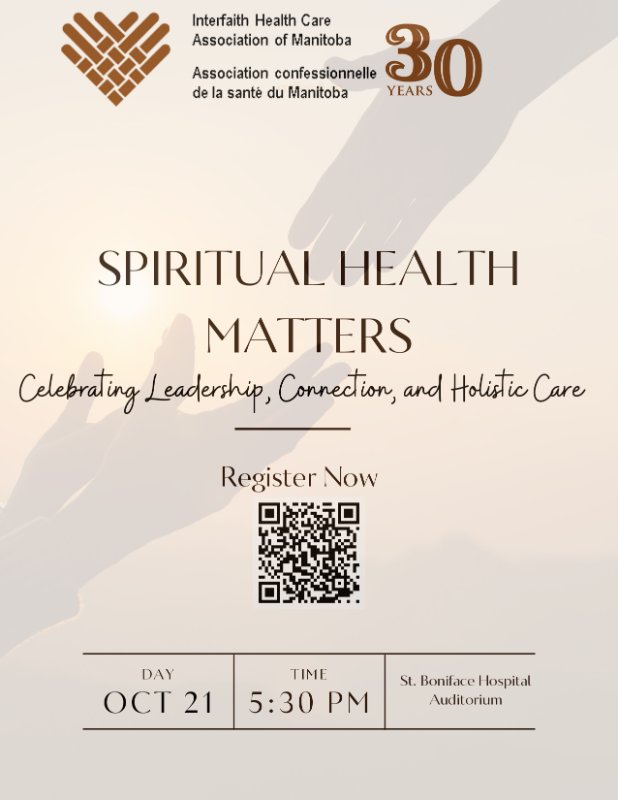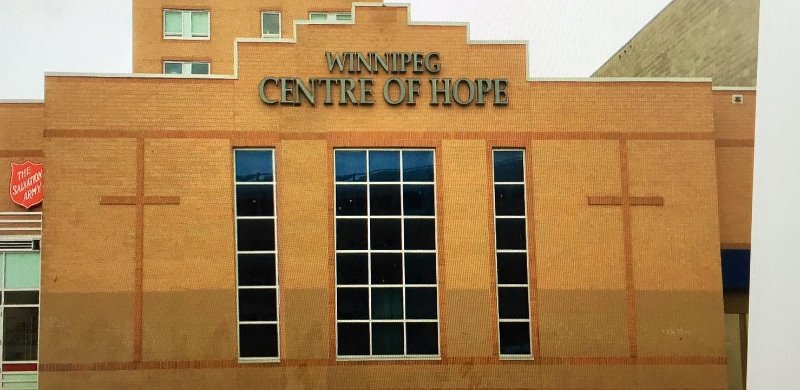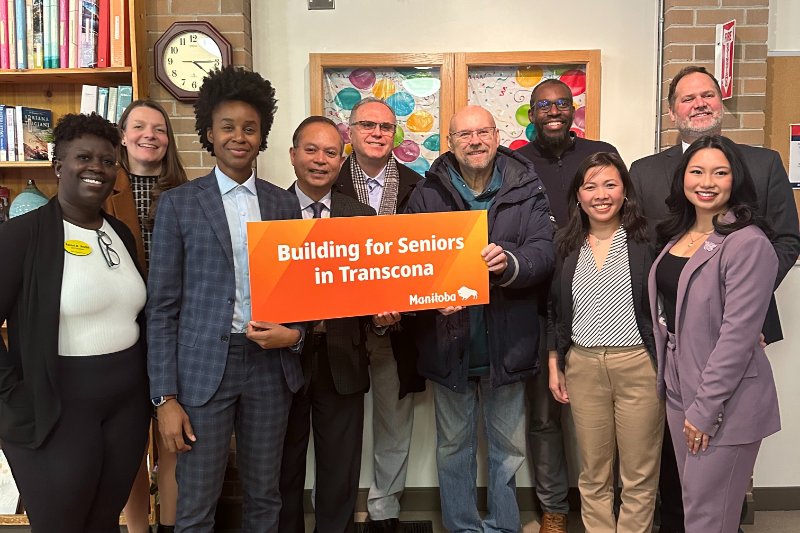

Winnipeg, MB — October 21, 2025 — The Interfaith Health Care Association of Manitoba (IHCAM) will host a special event, Spiritual Health Matters: Celebrating Leadership, Connection, and Holistic Care, in recognition of its 30th anniversary and Spiritual Health Awareness Week 2025.
The event will take place on Tuesday, October 21, 2025, at the Samuel N. Cohen Auditorium, St. Boniface Hospital, and will feature an evening program highlighting the importance of spiritual health in Manitoba’s health-care system and communities.
Live music and artistic performances
Stories from spiritual health providers across Manitoba
A panel discussion on the role of spiritual health in care and healing
Reception with light refreshments
The 90-minute program begins with a reception at 5:30 p.m., followed by the formal program from 6:00 to 7:30 p.m.
Date: Tuesday, October 21, 2025
Location: Samuel N. Cohen Auditorium, St. Boniface Hospital, 351 Taché Avenue, Winnipeg
Time: Reception at 5:30 p.m., program at 6:00 p.m.
The event is free of charge, but advance registration is required.

We are honoured to welcome the Winnipeg Centre of Hope – Salvation Army as the newest member of the Interfaith Health Care Association of Manitoba (IHCAM).
The Salvation Army is one of the founding faith traditions of IHCAM, with a long-standing legacy of compassionate service grounded in faith, dignity, and care for the most vulnerable. The addition of the Winnipeg Centre of Hope to our membership is more than a new connection — it is a coming home.
Located in downtown Winnipeg, the Centre of Hope provides essential, wraparound support to individuals experiencing homelessness, addiction, and mental health challenges. Their integrated approach to healing: supporting body, mind, and spirit, reflects the very heart of IHCAM’s mission: whole-person care rooted in faith.
As part of our shared commitment to building inclusive, person-centred health and social services across Manitoba, we look forward to learning from and working alongside their team.
Hear more about their impact in this episode of Because & Effect with Executive Director Mark Stewart, presented by the Winnipeg Foundation:
https://www.wpgfdn.org/community/because-effect-122-mark-stewart-executive-director-of-salvation-army-winnipeg-centre-of-hope
Please join us in warmly welcoming the Winnipeg Centre of Hope – Salvation Army to the IHCAM family. It is truly a joy to say: Welcome home.

Renew your IHCAM membership today! Our membership renewal period runs from April 1 to March 31. Ensure your continued access to valuable resources, advocacy efforts, and networking opportunities within the faith-based healthcare community.
Your membership strengthens our collective voice and allows us to continue advocating for faith-based healthcare. Renew now and be part of another impactful year with IHCAM!
Please download membership application/renewal form here: membership form
As we mark 30 years of advancing spiritual health, it’s important to reflect on why spiritual care remains essential in today’s healthcare. A 2016 white paper by the HealthCare Chaplaincy Network™, Spiritual Care: What It Means and Why It Matters in Health Care, outlines compelling research linking spiritual well-being to improved health outcomes, greater patient satisfaction, and reduced healthcare costs.
Spirituality and Patient-Centered Care
The report emphasizes that spirituality is a dynamic and intrinsic aspect of humanity, encompassing meaning, purpose, and connection. For many patients—regardless of religious affiliation—spirituality influences how they cope with illness, make medical decisions, and navigate loss.
Healthcare systems across North America are increasingly moving toward patient-centered models, which recognize that physical health cannot be separated from emotional and spiritual well-being. The report reminds us that chaplaincy and spiritual care services offer essential support for patients, families, and healthcare providers alike.
Evidence-Based Impact
The paper outlines decades of research showing the positive impact of spiritual care on:
Patient satisfaction and trust
Emotional resilience and pain management
Mental health and reduced anxiety
Lower healthcare costs, including fewer aggressive interventions at end-of-life
Spiritual distress—often experienced in hospitals or during serious illness—is associated with higher pain levels, depression, and even mortality. Board-certified chaplains are uniquely trained to provide emotional and spiritual care, offering both presence and practical interventions to support healing.
The Role of Chaplains
Far beyond bedside prayers, today’s board-certified chaplains are skilled professionals trained to assess spiritual distress, provide multi-faith support, and collaborate with healthcare teams to improve outcomes. Their role is especially vital in palliative and end-of-life care, where quality of life and meaning-making become top priorities.
As a faith-based health association, IHCAM has long advocated for integrating spiritual health into healthcare systems. This white paper reinforces what we know: spiritual care enhances well-being, supports healthcare providers, and saves costs while improving outcomes.
We encourage you to read the full report and consider how your facility can continue—or begin—to embed spiritual care as a vital part of your health services.
To read the full white paper report, click here: Why Spiritual Care Matters
Park Manor Expands with 90 New Beds in $72M Investment
Exciting news for Manitoba’s long-term care sector! Park Manor Personal Care Home is set to undergo a $72 million expansion, adding 90 much-needed beds to its facility. This major development will help address the increasing demand for long-term care services in the region, providing better access and enhanced care for seniors.

A Commitment to Quality Care
This expansion aligns with the province’s ongoing efforts to improve healthcare infrastructure and ensure more Manitobans have access to quality long-term care. The additional 90 beds will not only reduce wait times but also enhance living conditions for residents and families seeking care solutions.
Park Manor has long been a cornerstone of compassionate, faith-based care, and this investment reaffirms its role as a leader in Manitoba’s long-term care network. With the province prioritizing elder care, this expansion signifies a step forward in strengthening senior care services.
What This Means for the Community
Increased Capacity: More beds mean greater accessibility for families looking for long-term care options.
Enhanced Services: Improved facilities ensure better quality of life for residents.
Job Creation: The expansion will lead to more employment opportunities in healthcare.
This expansion is part of Manitoba’s broader commitment to long-term care improvements, ensuring that facilities like Park Manor can continue providing high-quality services for years to come.
For more details, read the full story: Winnipeg Free Press.
Read the latest updates here: newsletters